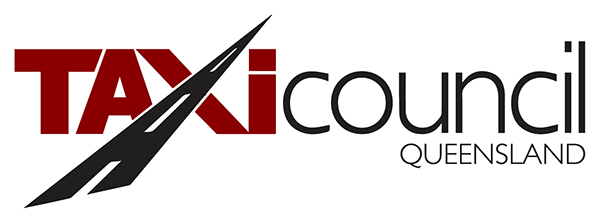August 5, 2015
Media Release
Everything about uber is “smoke, mirrors and dishonesty” – Taxi Council
Taxi Council Queensland (TCQ) says it’s astonishing but not surprising to learn of the latest trickery used by illegal taxi service uber to fool the public.
It has been revealed that the outlaw company shows fake uber cars on its app, to give the false impression that more cars are available than is the case.
TCQ chief executive officer Benjamin Wash says this is simply another of the numerous ‘smoke and mirrors’ tricks engaged by the company to make out they are far more popular than they are.
“Just like their purported customer numbers and safety claims, it is hard to know exactly what is the case as they continually deceive and lie to the public.
“No one should trust a company that refuses to abide by the law, refuses to submit to ATO directives, blatantly lies about its safety procedures and uses dodgy figures.”
Mr Wash is also concerned at the disturbing trend which is giving the illegal service ‘a free ride’ from some politicians and journalists.
“I keep reading and hearing how incredibly popular uber is but the facts do not show it. They talk about transporting 100,000 customers per year, yet taxis transport more than 250,000 customers per day in Queensland – and unlike uber, our figures are proven.”
He said some media outlets have been hoodwinked by the hype, and re-emphasised that the 15,000 small business owners comprising the Queensland taxi industry were committed to high customer service, safety regulations and servicing all areas at all times.
A claim from an uber spokesman that the taxi industry is “not interested in technology” was way off the mark according to Mr Wash, who was quick to point that Queensland taxi companies developed online apps nearly four years ago.
“We were one of the first in the world to embrace technology in online bookings. In fact, Queensland taxis have been world first innovators for more than a quarter of a century, doing things that other cab companies elsewhere could not do because of deregulation.
“If this company had an ounce of integrity, it would stop operating in breach of the law, stop being so dishonest and commit to meeting the regulations.”
